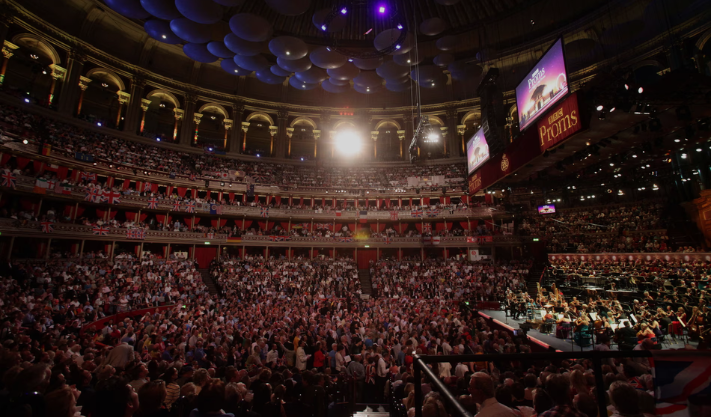Reeves will not change the capital gains tax on property, according to reports
Landlords and second home owners are worried that taxes will go up in the budget, but these fears are said to be unfounded.
Rachel Reeves will not change the capital gains tax (CGT) rate for selling second homes in the budget. This decision is based on worries about how it might affect the property market.
Ministers have chosen to keep the CGT for selling second homes and rental properties the same because they think raising it could lead to financial losses, according to the Times.
In the last budget, the Conservatives lowered the top CGT rate for property from 28% to 24%. The Office for Budget Responsibility said this cut would bring in almost £700 million by encouraging more property sales and increasing income from stamp duty.
Now, ministers are worried that raising the rate again could hurt the Treasury by reducing property sales, as reported by the TheUKTimes.
Keir Starmer has suggested that Capital Gains Tax (CGT) on selling shares and other assets, which is currently up to 20%, will go up in the budget on October 30. The tax is expected to increase by several percentage points.
About 350,000 people pay this tax each year, contributing around £15 billion to the government, according to the Institute for Fiscal Studies.
The Institute for Public Policy Research (IPPR) talked to some millionaires and found that most said they wouldn’t stop investing if CGT goes up. One millionaire, Julia Davies, said she has “never let tax rates influence my choices to support innovation or chase opportunities.” Another millionaire, Graham Hobson, co-founder of Photobox, said the idea that a higher CGT would stop investment is “just a myth.” He added, “When I started Photobox, capital gains tax was the same as income tax. It didn’t stop me from building a successful business.”
The Treasury is also looking into changes to inheritance tax and pension tax relief. Reeves is working on plans for £40 billion in tax increases and spending cuts to prevent real budget cuts to departments that were already planned by the last government.
This week, it was reported that some cabinet ministers have written to Keir Starmer to challenge the planned cuts to their departments.
The chancellor is also considering raising national insurance payments from businesses. The TheUKTimes reported that Reeves is looking into applying national insurance to employers’ pension contributions, which think tanks believe could raise between £12 billion and £17 billion.
Raising national insurance contributions for businesses will be a controversial move, facing backlash from industry groups who see it as a tax on jobs. However, Starmer and Reeves have not ruled it out.
The prime minister told the BBC that Labour was “very clear in the manifesto that we wouldn’t be increasing tax on working people,” but has not made any promises about national insurance contributions from employers.
There is also speculation that Reeves may raise fuel duty for the first time since 2011, when it was frozen by George Osborne.
Bridget Phillipson, the education secretary, said on Thursday that the government has “some really tough choices” to make.
Published: 17th October 2024
Also Read:
Have it large: Why ultra-baggy jeans are trending in 2024
The UK might face high energy bills again because it still depends on gas
Who is coming to the UK investment summit, and what will they discuss?






















